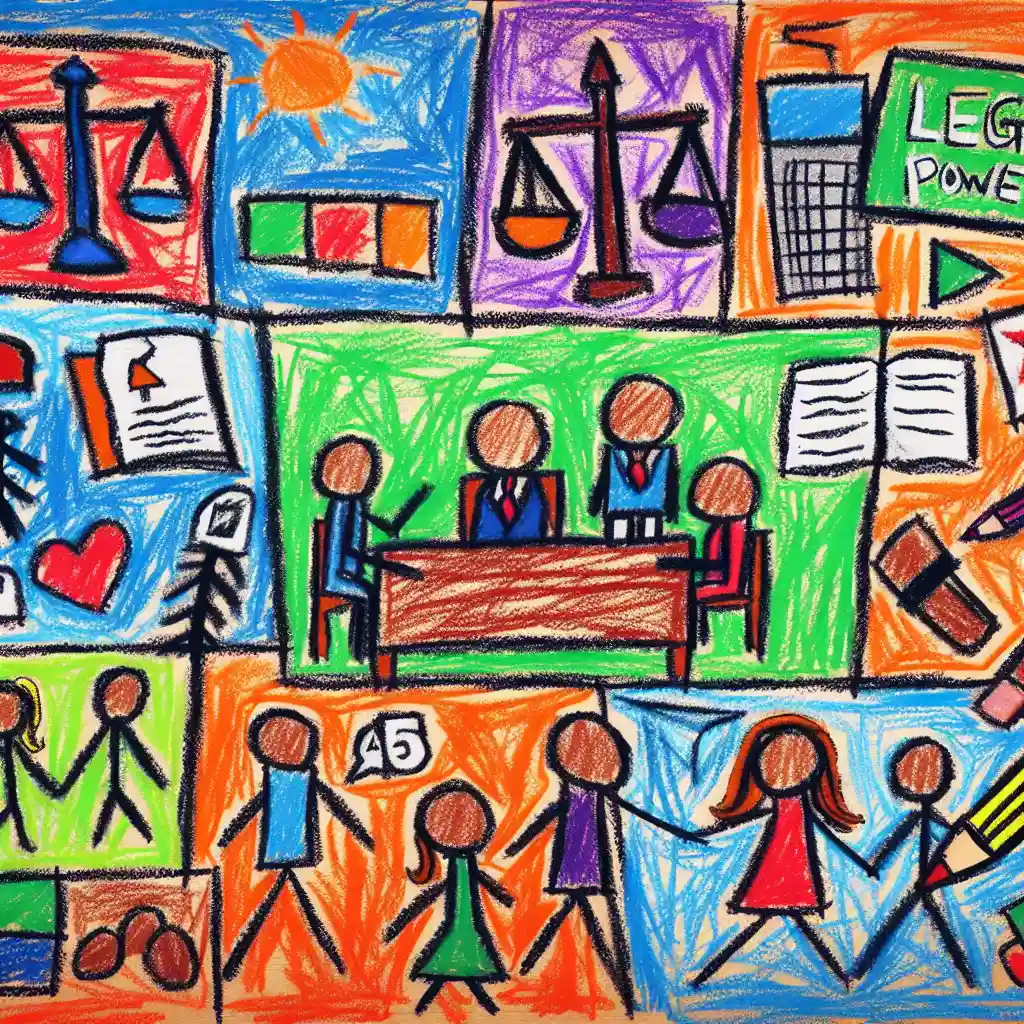'The powerful protecting the powerful': Democrats see an opening on Epstein

Explain Like I'm 5
Imagine you're playing a game of hide and seek, but one of your friends keeps helping another friend hide better because they're buddies. This isn't very fair, right? Well, in the grown-up world, some people are saying that powerful people helped another powerful person, named Epstein, hide some bad things he did. Now, the Democrats (they're one of the teams in our big country's rule-making game) think they can show that this wasn't fair, and they want to talk about it to everyone to perhaps win more friends for their team.
Explain Like I'm 10
So, there's this big controversy involving a man named Jeffrey Epstein. He did some really bad things, and it seems like some other powerful people might have helped him or didn't stop him when they could have. Now, this is a big deal because everyone expects rules to be fair for everyone, whether you're powerful or not.
The Democrats, who are one of the two main groups in American politics, think that talking about how unfair this was might help them gain more support from people. They did some special surveys (kind of like when we do a class vote to decide which movie to watch) and found out that many people care a lot about making sure powerful people don't just help each other and ignore the rules. More than a dozen important people who help make decisions for the Democrats think this is a good thing to focus on, especially to show that they stand for fairness.
Explain Like I'm 15
In the intricate dance of American politics, the Jeffrey Epstein scandal has resurfaced as a potentially pivotal issue. Epstein, a financier, was implicated in serious criminal activities, including trafficking and abuse. The controversy deepens with indications that other influential figures might have facilitated or obscured his actions, creating a narrative of elite individuals shielding one of their own.
This situation has prompted internal polling among Democrats, revealing that the public is particularly sensitive to issues of justice and the accountability of the powerful. Given this climate, Democratic strategists and officials see an opportunity to align themselves with public sentiment by emphasizing this scandal. They argue that highlighting this case could not only address concerns of justice but also strategically distinguish them from Republicans in upcoming elections, painting their opponents as part of a system that protects its own at the expense of ethical standards.
The broader implications here involve not just immediate political gains but also a deeper examination of systemic issues within American governance and societal elites. The response to this strategy will likely influence public trust in political institutions and could shape the narrative leading into the next election cycle. The way Democrats handle this issue could either bolster their image as reformers and advocates for justice or backfire if seen as merely opportunistic. The unfolding of this strategy will be a key storyline to watch in the evolving political landscape.
Want to read the original story?
View Original Source